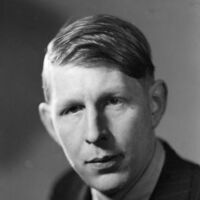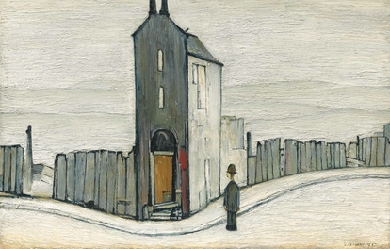
Who's Who
The poem Who’s Who of W. H. Auden is structured in a way in which we could say that the poem itself looks like is giving us someone‘s information (like a bibliography). The interesting point here is whether the author is talking about one person or more than one. Simple words like he, him and his give us a sense that the author is talking about just one person, because the words are in singular. Although believing that the poem talks about only one person makes perfect sense, if we look at the title of the poem we could question that idea. The title of the poem (Who’s Who) its actually like a question. The author wants us to look up to whom corresponds does details that are given in the poem.
Going back up, it look just as if the verses give us some biographical information. Furthermore the kind of words and phrases used in the poem are like a biography of an important person. This is true if we think in the archetypes of an important (famous) person. A famous person is well-known by people, people know their background, their achievements, what they do and what they don’t; just like in the poem. This idea is sustained by lines like: How father beat him, how he ran away (this could be some background information of a person); made him the greatest figure of his day (which could be an example of an achievement of an important person), etc. Apart from this, if we see a complete view of the poem, we will notice that all the lines are a list of the facts mentioned in the first line, which the author says that could be all found in a shilling life.
One last detail that I want to point out is a comparison that the author presents in the last line of the first verse. Here Auden talks about how the person which he is talking about in the poem, (assuming that is probably an important person) he also has suffered for love, just like us. This detail about the poem, makes us readers identify with the person, or the poem itself that is being presented. The author here uses a different tone from the rest of the poem. I think that this impact in the of change tone in the poem is attributed to the word weep. This word weep takes us into the poem, and makes an emotion evoke from the reader. And not just the tone itself, but also the comparison that he made, saying: “…like you and me”, made the poem feel like if it was a real experience. This sensation of reality in the poem comes from the idea, that the topic of love is a well- known topic by people and a lot of the people in reality have felt love whether being the results happiness or crying over it.




